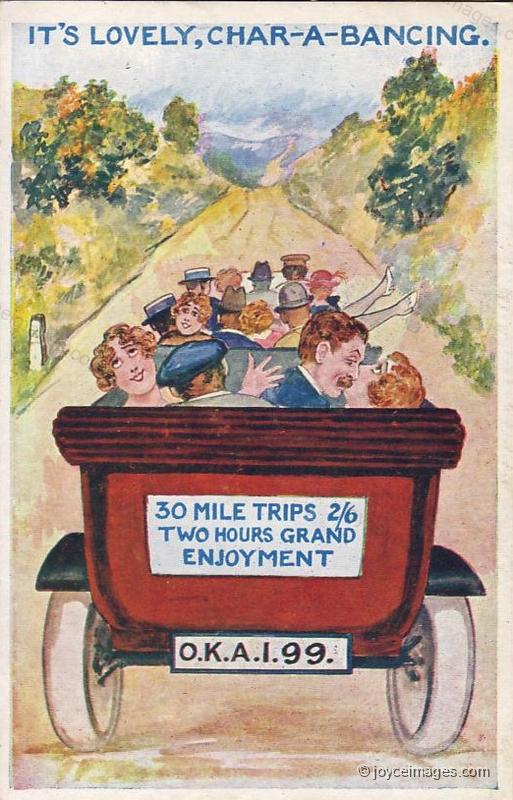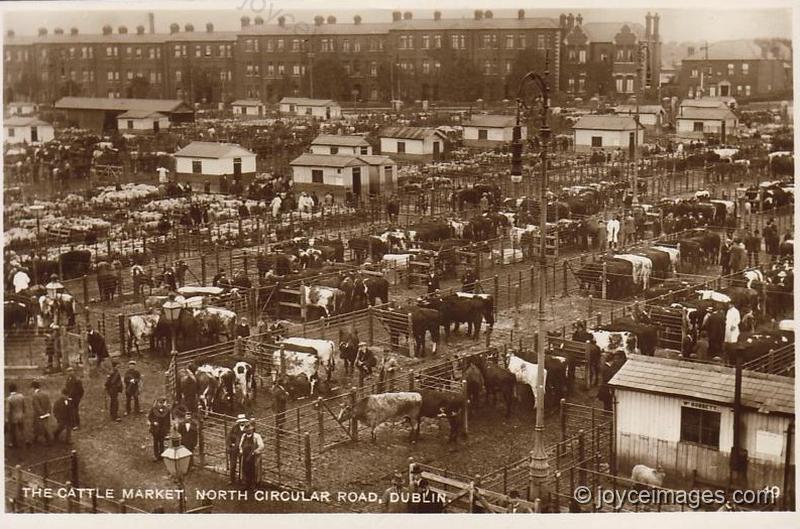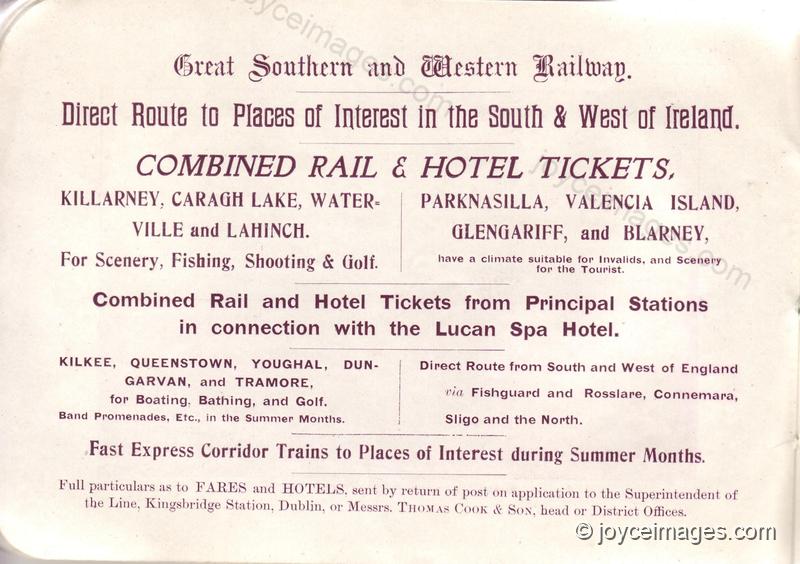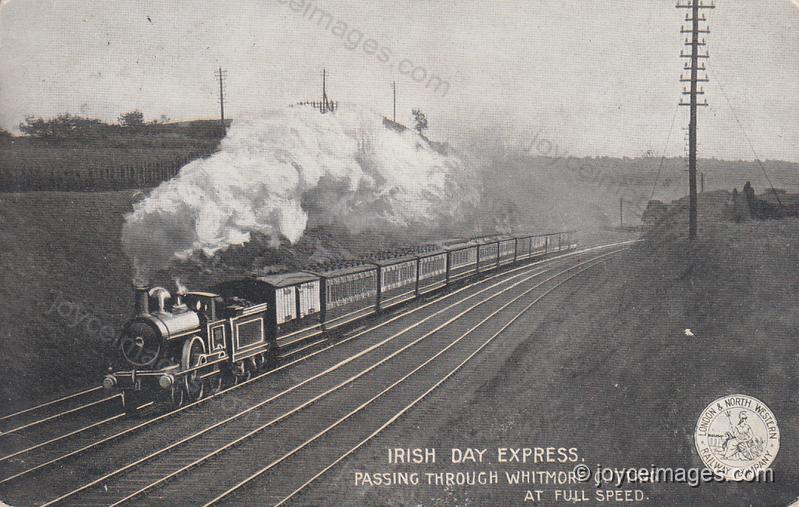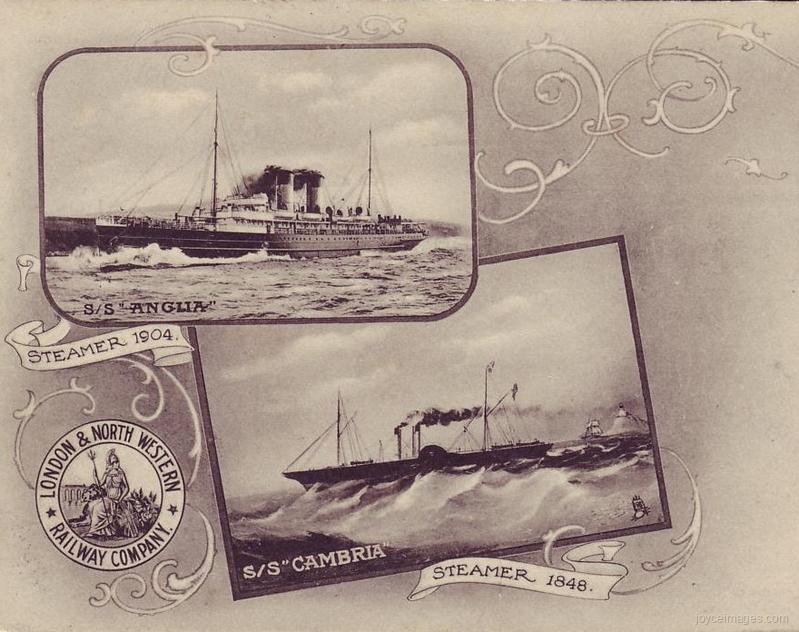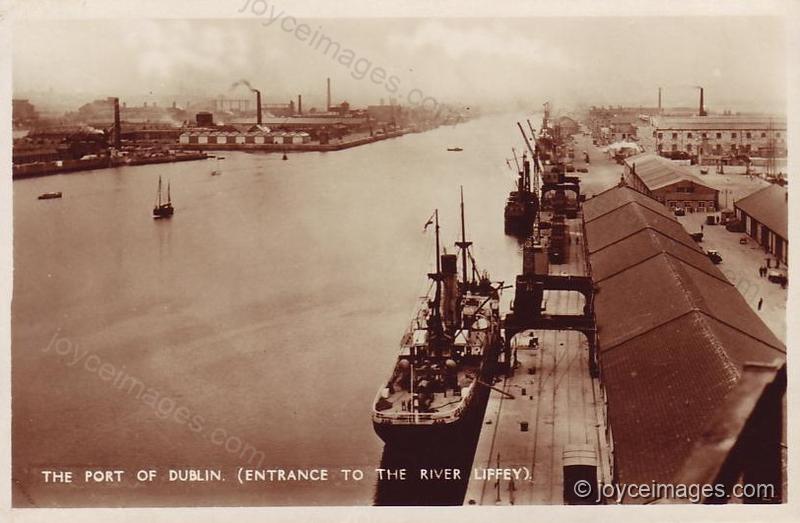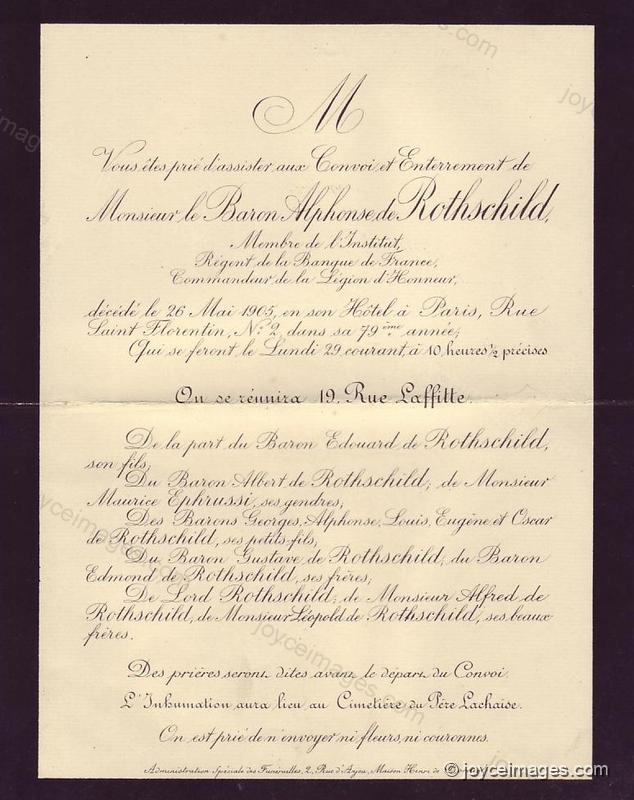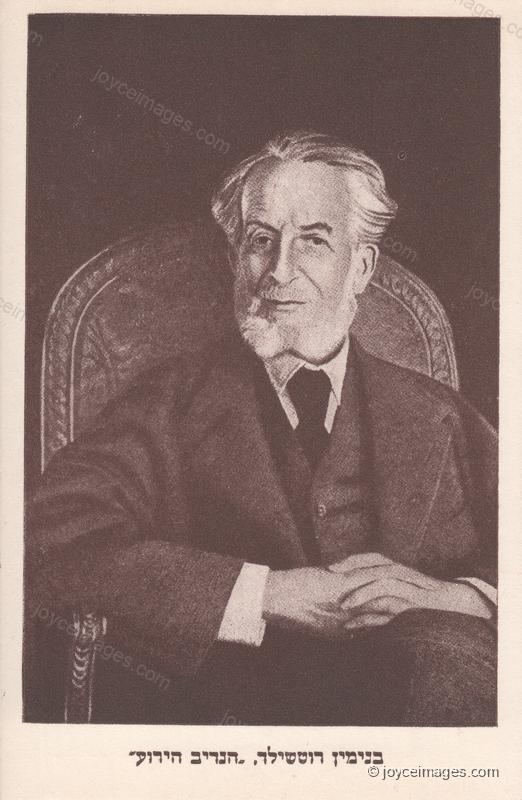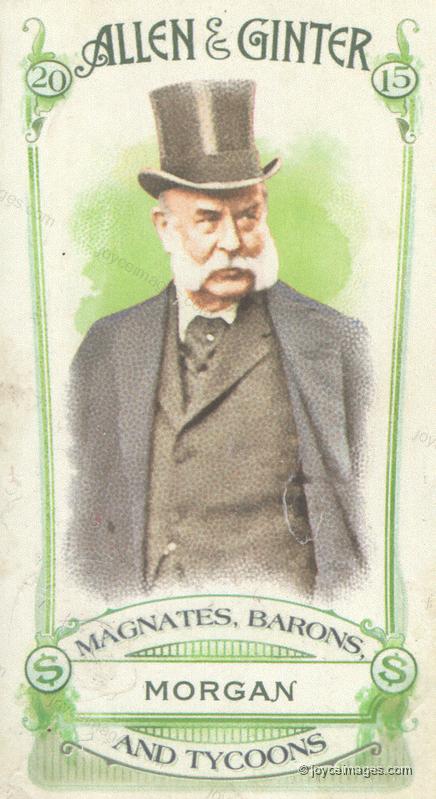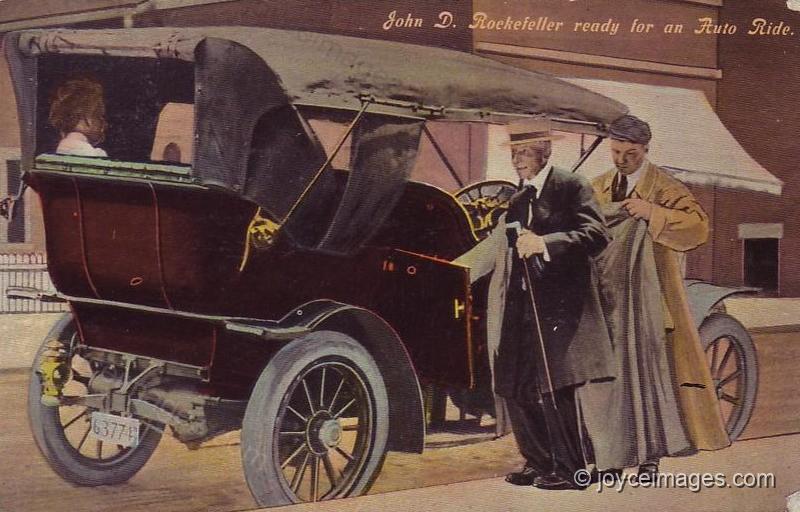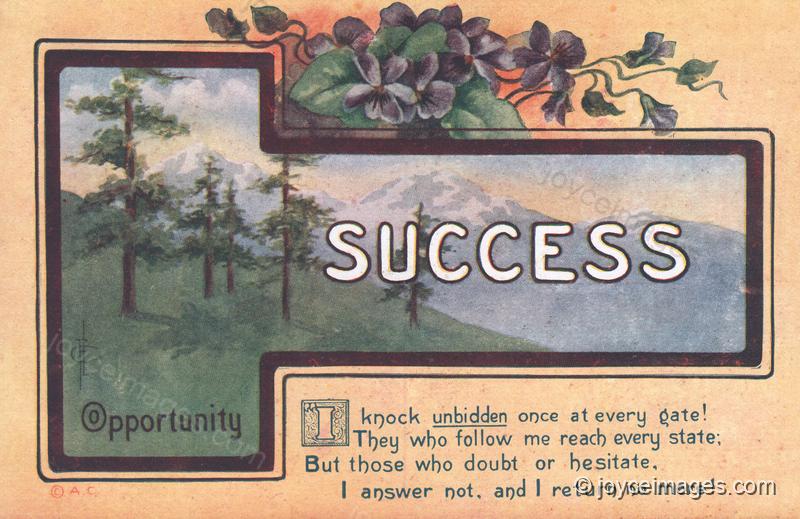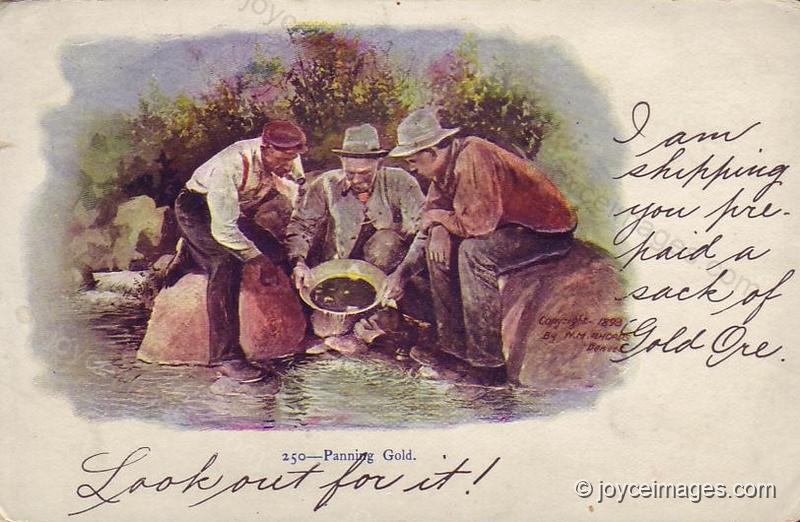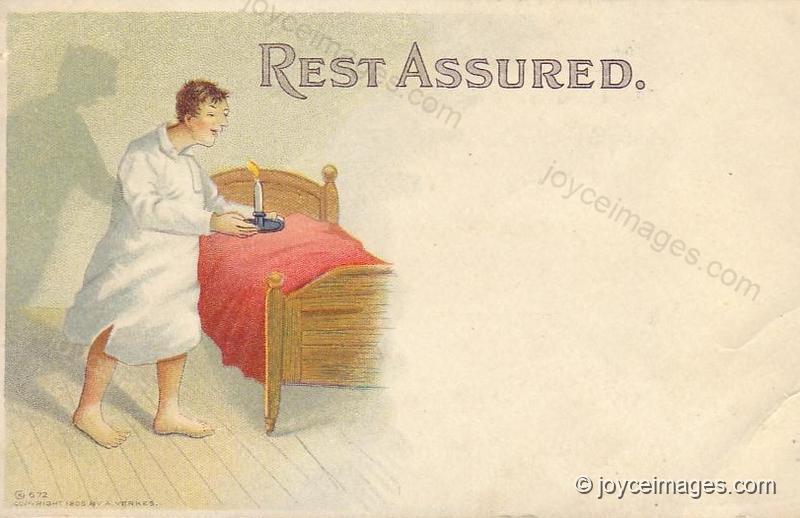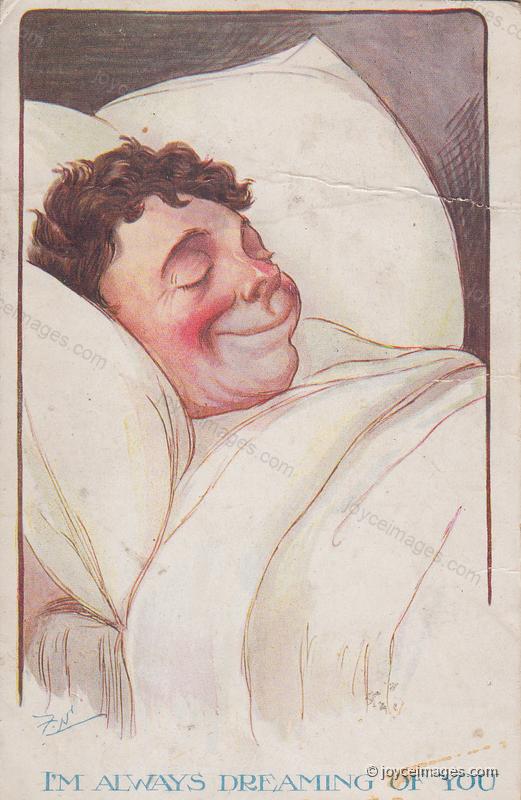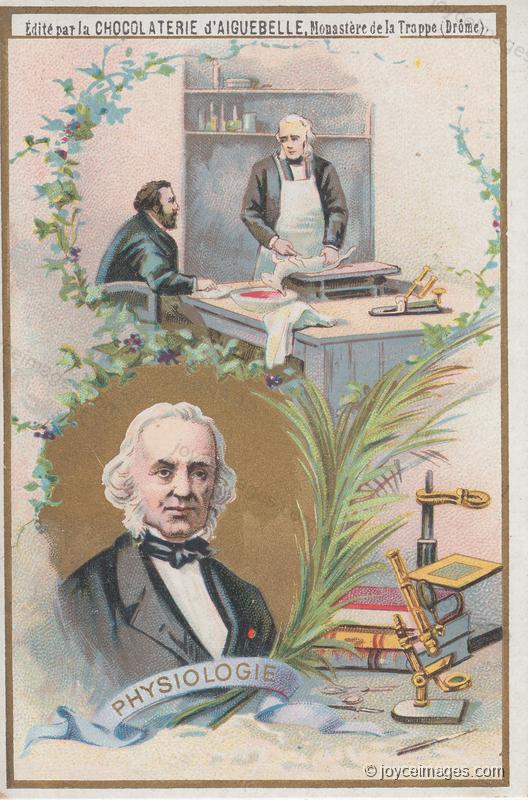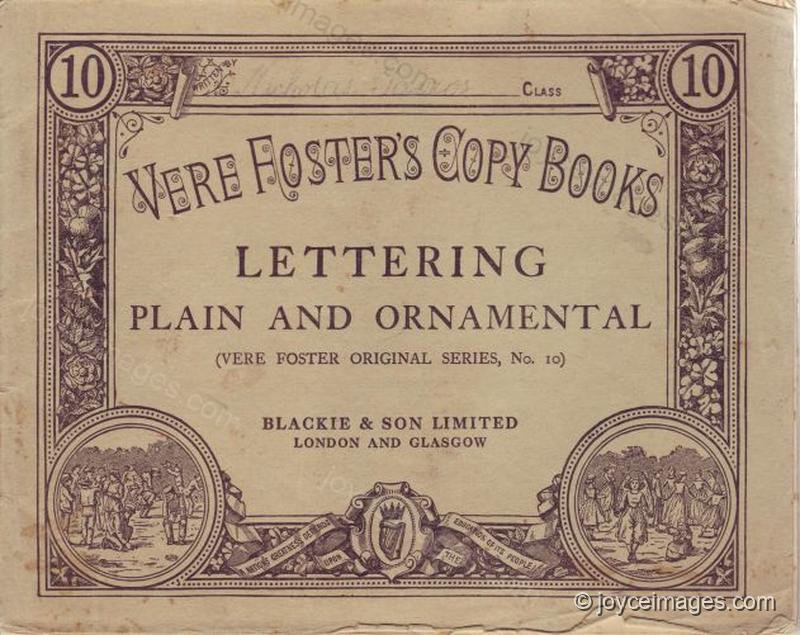"charabancs, narrow gauge local railways and pleasure steamers for coastwise navigation (10/- per person per day, guide (trilingual) included). A scheme for the repristination of passenger and goods traffics over Irish waterways, when freed from weedbeds." (U17.1722)
"A scheme to connect by tramline the Cattle Market (North Circular road and Prussia Street) with the quays (Sheriff street, lower, and East Wall)," (U17.1726)
"parallel with the Link line railway laid (in conjunction with the Great Southern and Western railway line) between the cattle park, Liffey junction," (U17.1728)
An advertisement for tours by the Great Southern and Western Railways in a tourist pamphlet from the 1900s.
An advertisement for tours by the Great Southern and Western Railways in a tourist pamphlet from the 1900s.
"and terminus of Midland [Irish Day Express from D] Western Railway 43 to 45 North Wall, in proximity to the terminal stations or Dublin branches of Great Central Railway, Midland Railway of England, City of Dublin Steam Packet Company, Lancashire and Yorkshire Railway Company, Dublin and Glasgow Steam Packet Company, Glasgow, Dublin and Londonderry Steam Packet Company (Laird line), British and Irish Steam Packet Company, Dublin and Morecambe Steamers," (U17.1730)
"Dublin Port and Docks Board Landing Sheds and transit sheds of Palgrave, Murphy and Company, steamship owners, agents for steamers from Mediterranean, Spain, Portugal, France, Belgium and Holland and for Liverpool Underwriters' Association, the cost of acquired rolling stock for animal transport and of additional mileage operated by the Dublin United Tramways Company, limited, to be covered by graziers' fees." (U17.1737)
"Positing what protasis would the contraction for such several schemes become a natural and necessary apodosis?
Given a guarantee equal to the sum sought, the support, by deed of gift and transfer vouchers during donor's lifetime or by bequest after donor's painless extinction, of eminent financiers (Blum Pasha," (U17.1744)
Given a guarantee equal to the sum sought, the support, by deed of gift and transfer vouchers during donor's lifetime or by bequest after donor's painless extinction, of eminent financiers (Blum Pasha," (U17.1744)
"Morgan," (U17.1749)
John Pierpont Morgan (1837 - 1913) was an American financier and investment banker who dominated Wall Street throughout the Gilded Age. He headed the banking firm that ultimately became known as J.P. Morgan and Co. He died with an estimated fortune at $80 million. His son JP "Jack" Morgan built the Morgan Library in NYC; it includes a remarkable collection of items related to Joyce.
John Pierpont Morgan (1837 - 1913) was an American financier and investment banker who dominated Wall Street throughout the Gilded Age. He headed the banking firm that ultimately became known as J.P. Morgan and Co. He died with an estimated fortune at $80 million. His son JP "Jack" Morgan built the Morgan Library in NYC; it includes a remarkable collection of items related to Joyce.
"What eventuality would render him independent of such wealth?
The independent discovery of a goldseam of inexhaustible ore." (U17.1752)
The independent discovery of a goldseam of inexhaustible ore." (U17.1752)
"For what reason did he meditate on schemes so difficult of realisation?
It was one of his axioms that similar meditations or the automatic relation to himself of a narrative concerning himself or tranquil recollection of the past when practised habitually before retiring for the night alleviated fatigue and produced as a result sound repose and renovated vitality." (U17.1754)
It was one of his axioms that similar meditations or the automatic relation to himself of a narrative concerning himself or tranquil recollection of the past when practised habitually before retiring for the night alleviated fatigue and produced as a result sound repose and renovated vitality." (U17.1754)
"His justifications?
As a physicist he had learned that of the 70 years of complete human life at least 2/7, viz. 20 years are passed in sleep. As a philosopher he knew that at the termination of any allotted life only an infinitesimal part of any person's desires has been realised." (U17.1759)
As a physicist he had learned that of the 70 years of complete human life at least 2/7, viz. 20 years are passed in sleep. As a philosopher he knew that at the termination of any allotted life only an infinitesimal part of any person's desires has been realised." (U17.1759)
"As a physiologist he believed in the artificial placation of malignant agencies chiefly operative during somnolence.
What did he fear?
The committal of homicide or suicide during sleep by an aberration of the light of reason, the incommensurable categorical intelligence situated in the cerebral convolutions.
What were habitually his final meditations?
Of some one sole unique advertisement to cause passers to stop in wonder, a poster novelty, with all extraneous accretions excluded, reduced to its simplest and most efficient terms not exceeding the span of casual vision and congruous with the velocity of modern life." (U17.1763)
What did he fear?
The committal of homicide or suicide during sleep by an aberration of the light of reason, the incommensurable categorical intelligence situated in the cerebral convolutions.
What were habitually his final meditations?
Of some one sole unique advertisement to cause passers to stop in wonder, a poster novelty, with all extraneous accretions excluded, reduced to its simplest and most efficient terms not exceeding the span of casual vision and congruous with the velocity of modern life." (U17.1763)
"What did the first drawer unlocked contain?
A Vere Foster's handwriting copybook, property of Milly (Millicent) Bloom, certain pages of which bore diagram drawings, marked Papli" (U17.1774)
This is a copybook like Milly owned. Vere Henry Foster (1819 - 1900) was an Irish diplomat and educator who relentlessly worked for the betterment of the Irish. He helped build schools in rural Ireland, devised cheap but effective school books, and tried to improve the salary of Irish school teachers. His series of Copy Books, used in Ireland's National Schools, was immensely popular, and over 4 million volumes were printed.
A Vere Foster's handwriting copybook, property of Milly (Millicent) Bloom, certain pages of which bore diagram drawings, marked Papli" (U17.1774)
This is a copybook like Milly owned. Vere Henry Foster (1819 - 1900) was an Irish diplomat and educator who relentlessly worked for the betterment of the Irish. He helped build schools in rural Ireland, devised cheap but effective school books, and tried to improve the salary of Irish school teachers. His series of Copy Books, used in Ireland's National Schools, was immensely popular, and over 4 million volumes were printed.
